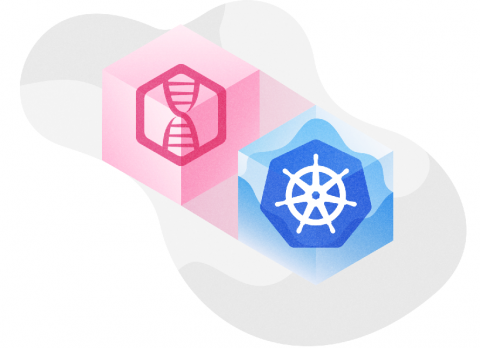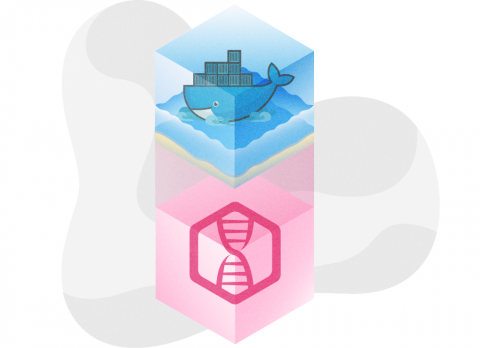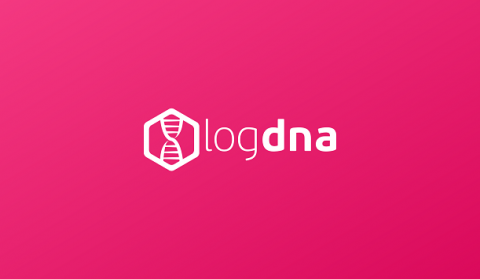IBM Log Analysis with LogDNA
IBM Cloud Log Analysis with LogDNA enables you to quickly find the source of issues and gain deeper insight into application and cloud environment data. IBM Cloud logging begins with log aggregation from application and services within IBM Cloud. IBM partners with LogDNA to bring collection, log tailing and blazing fast log search. LogDNA supports integrations to many cloud-native runtimes and environments.








